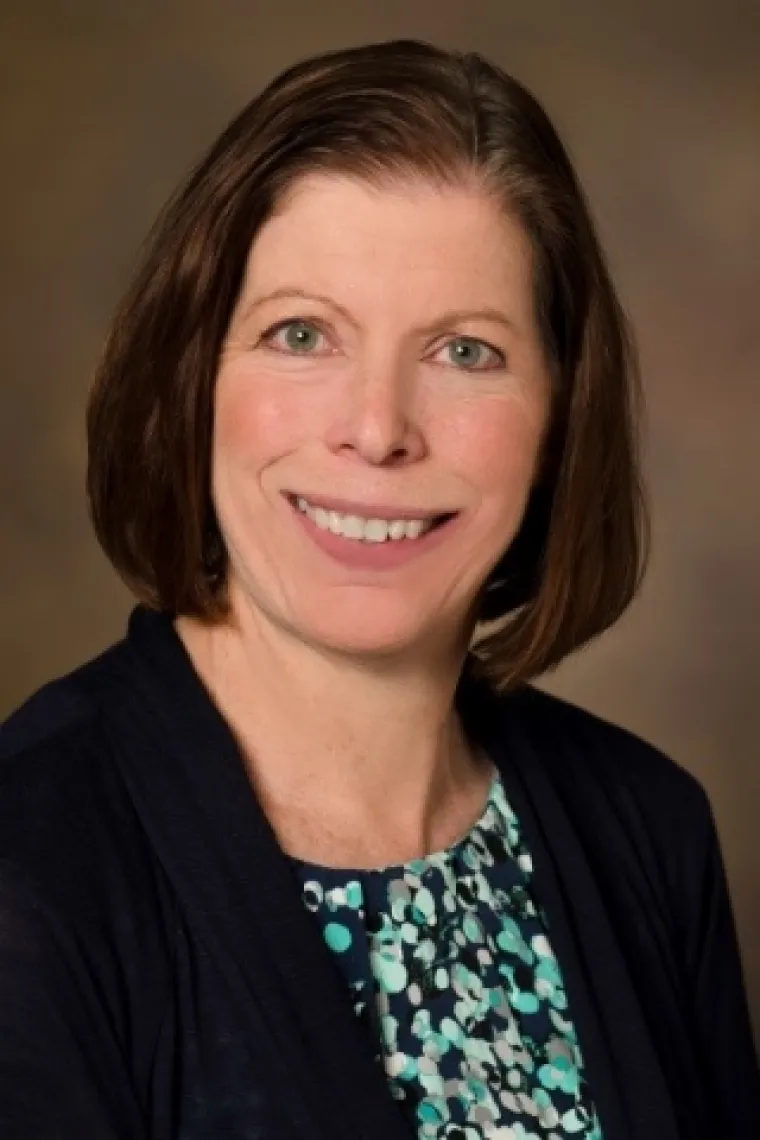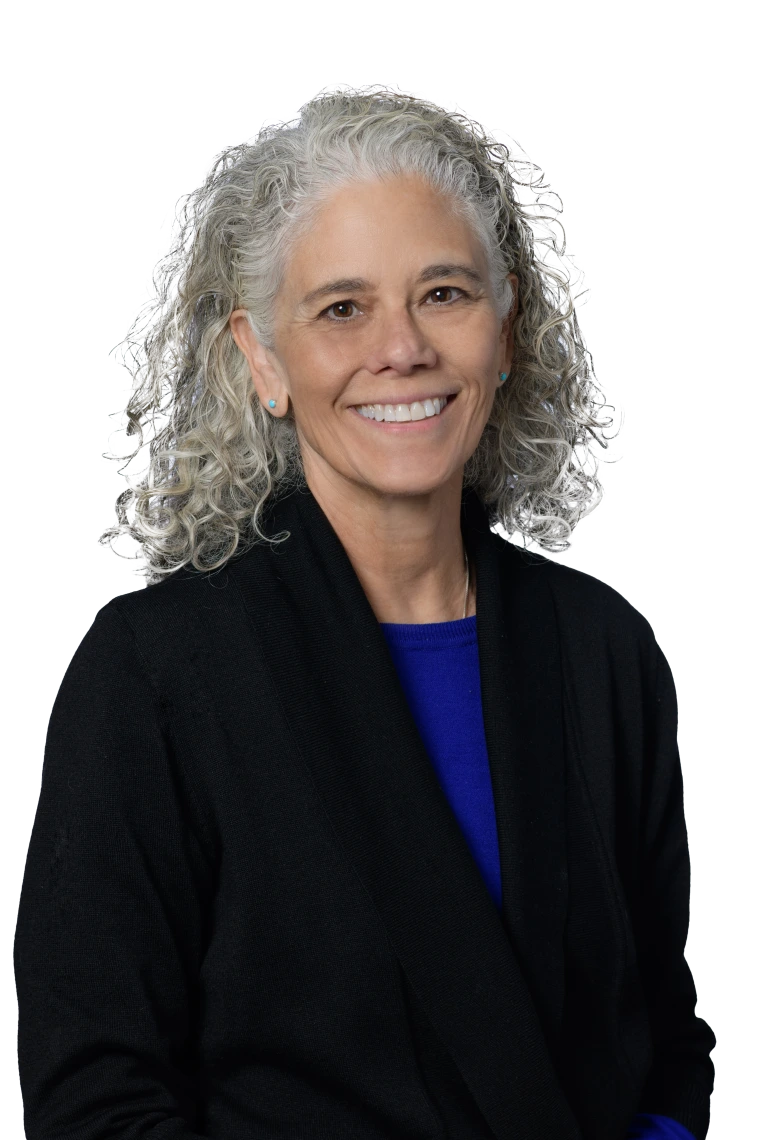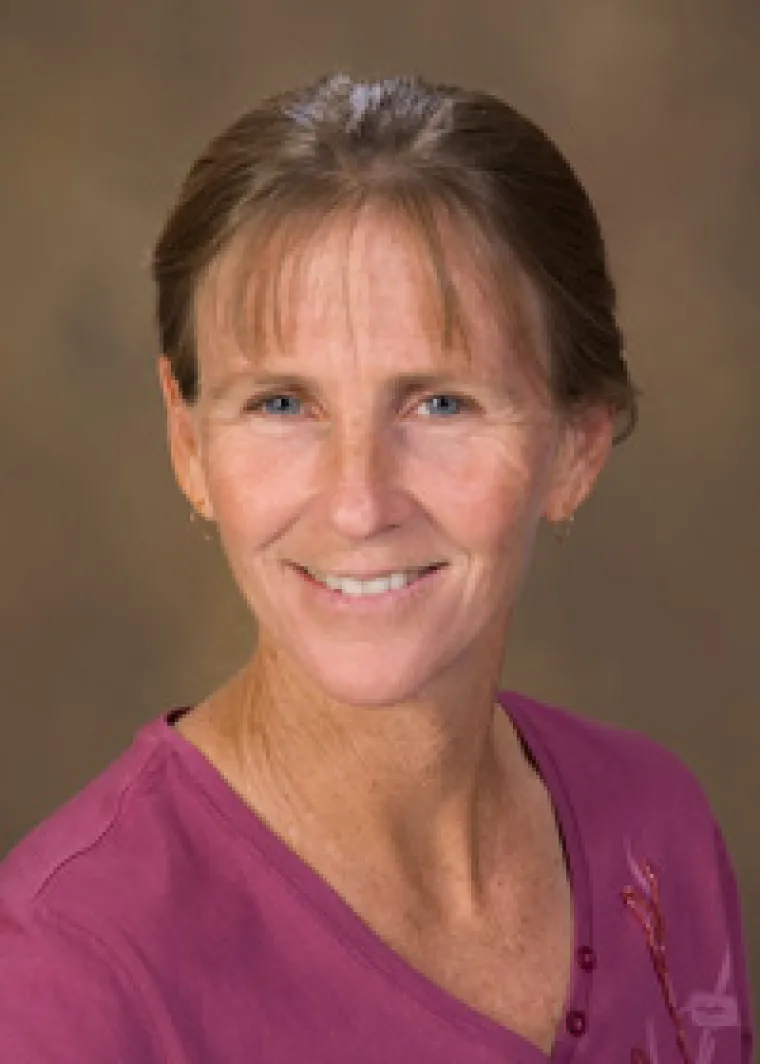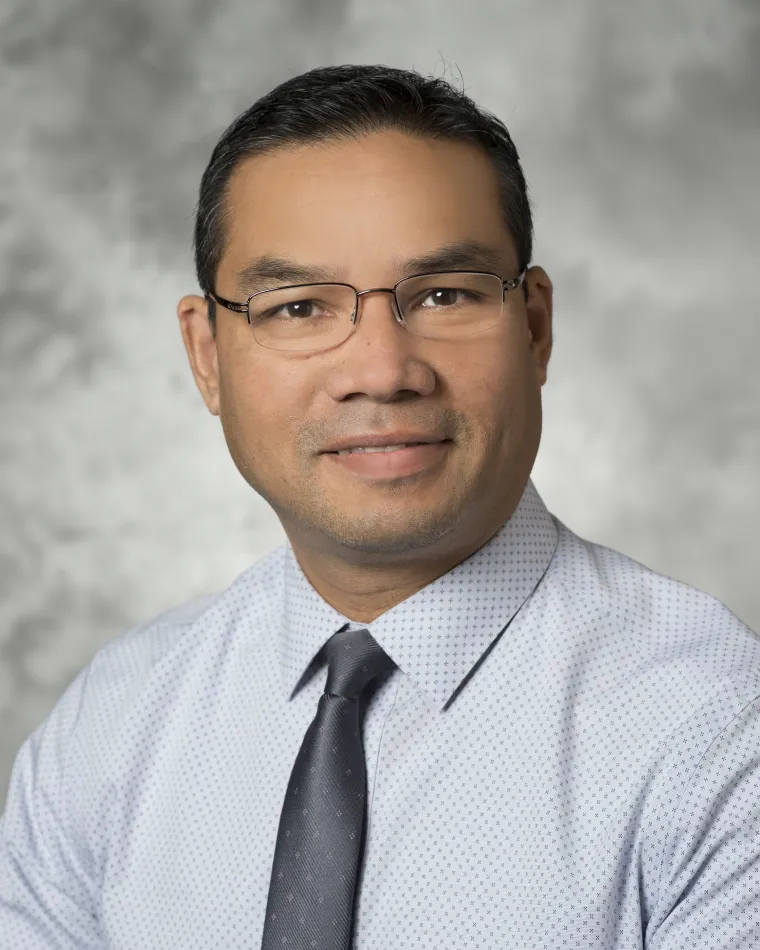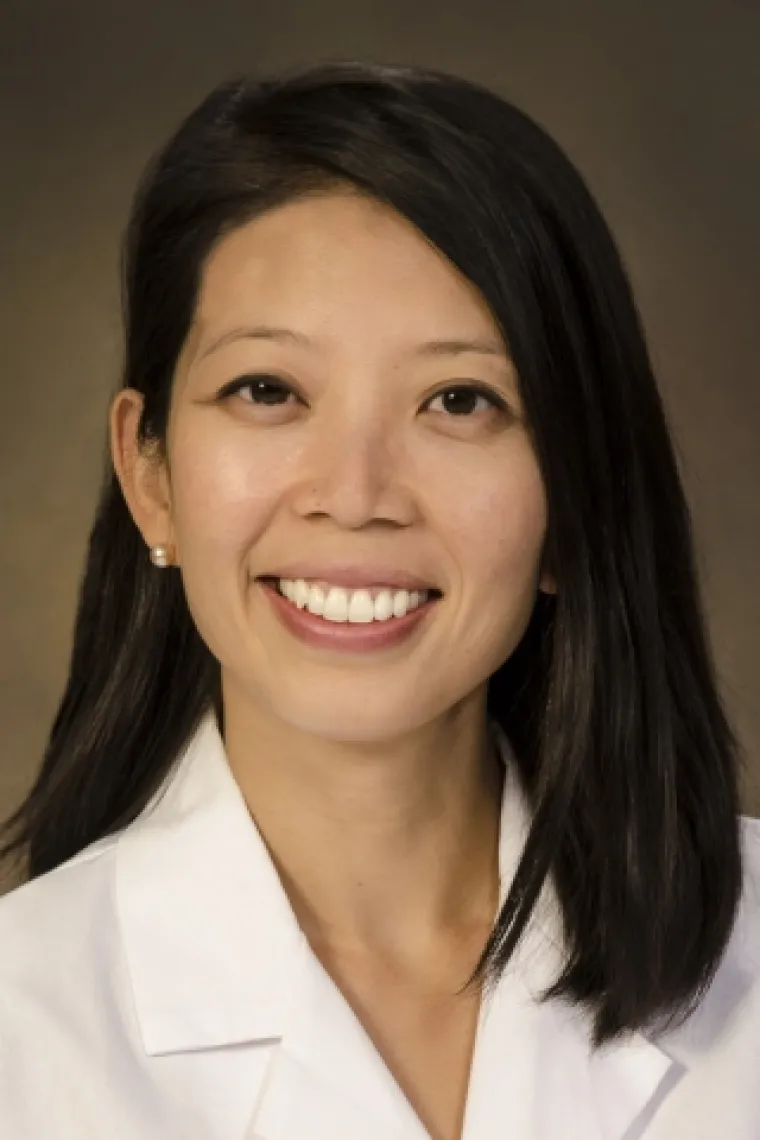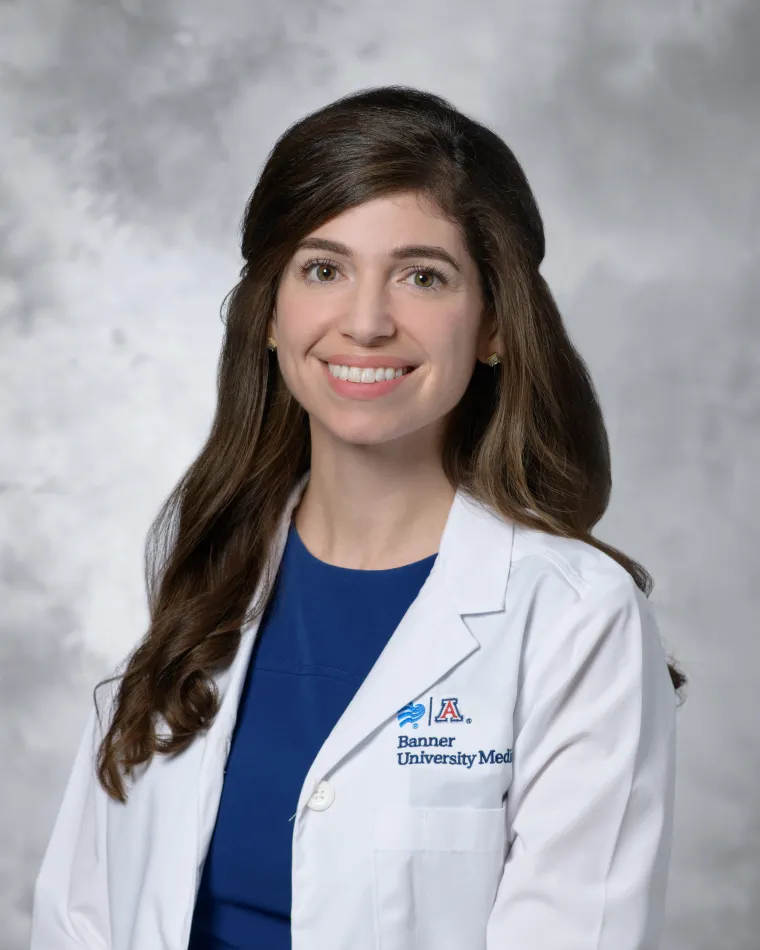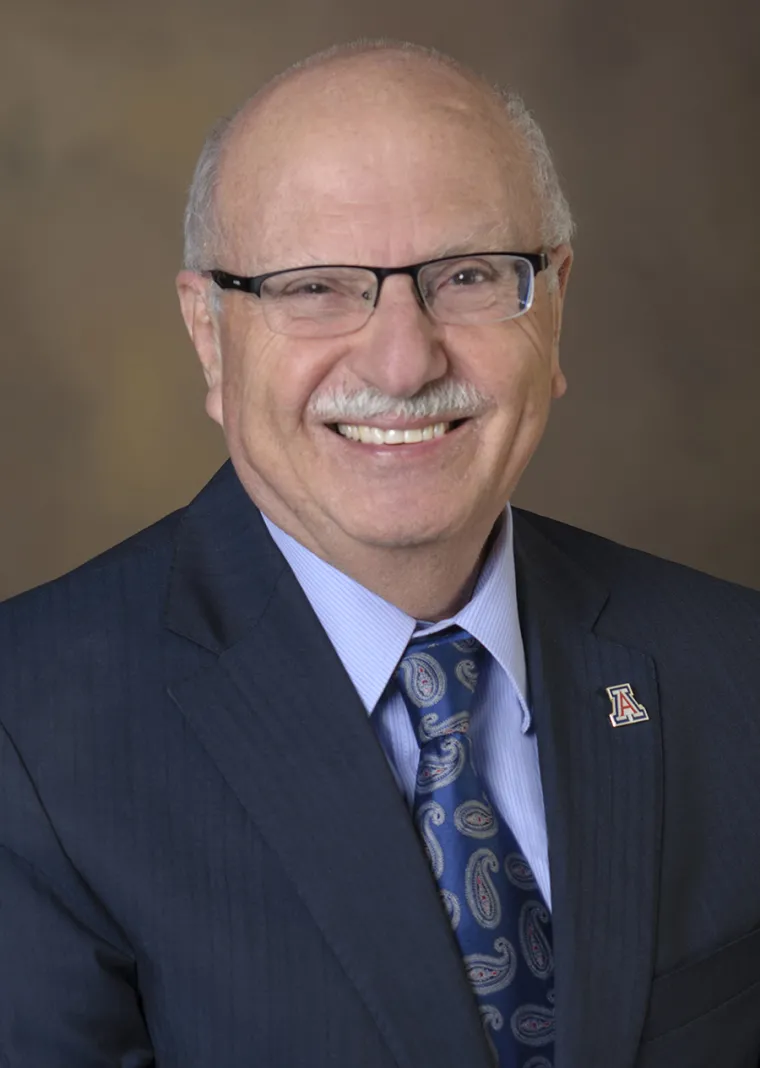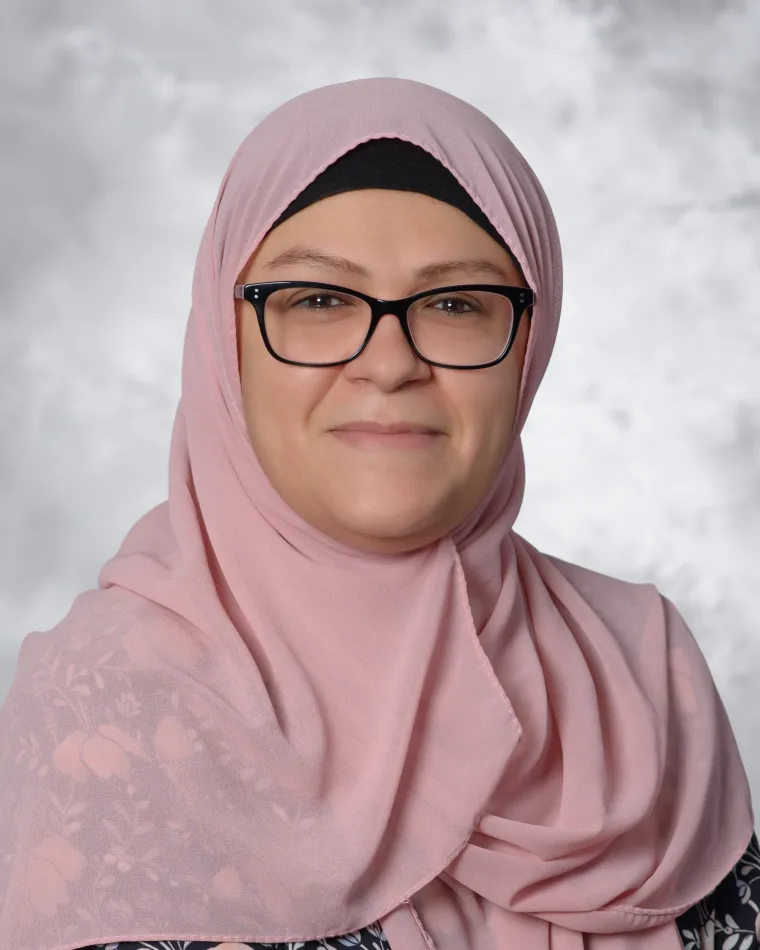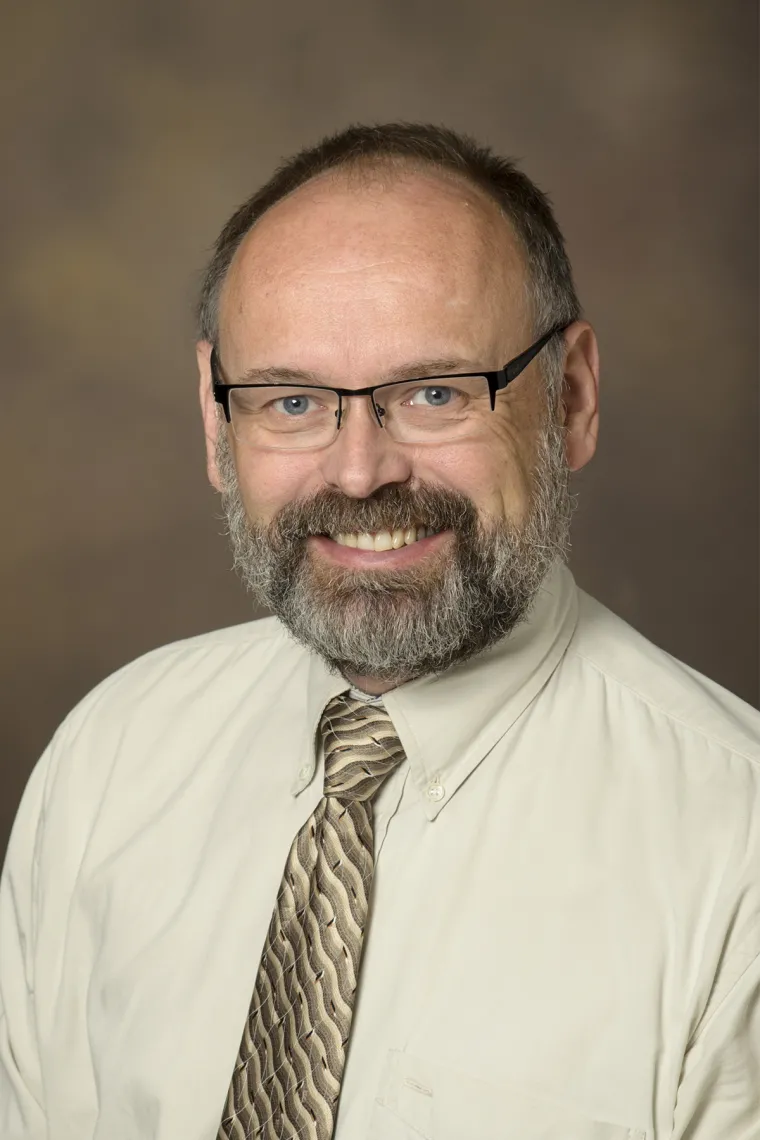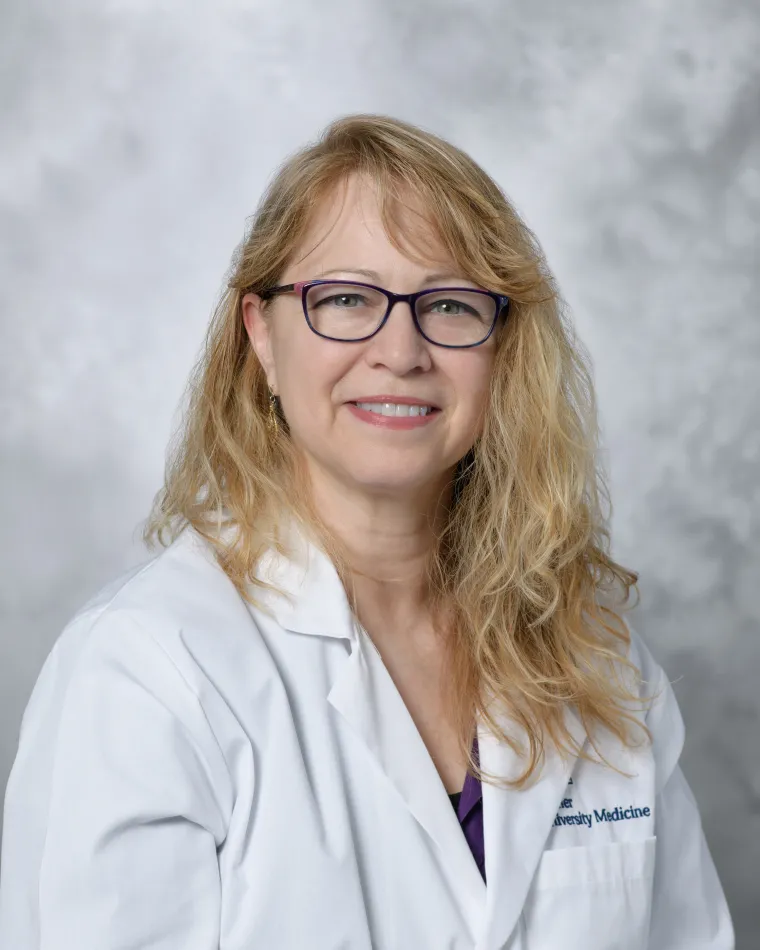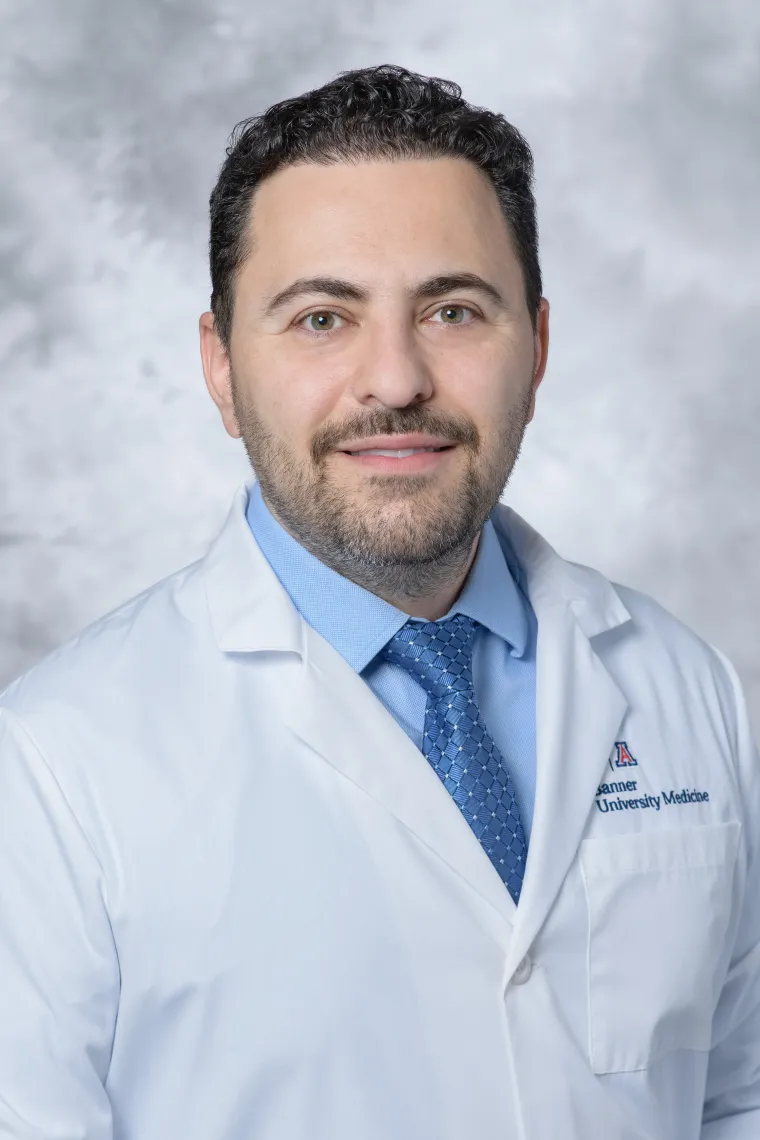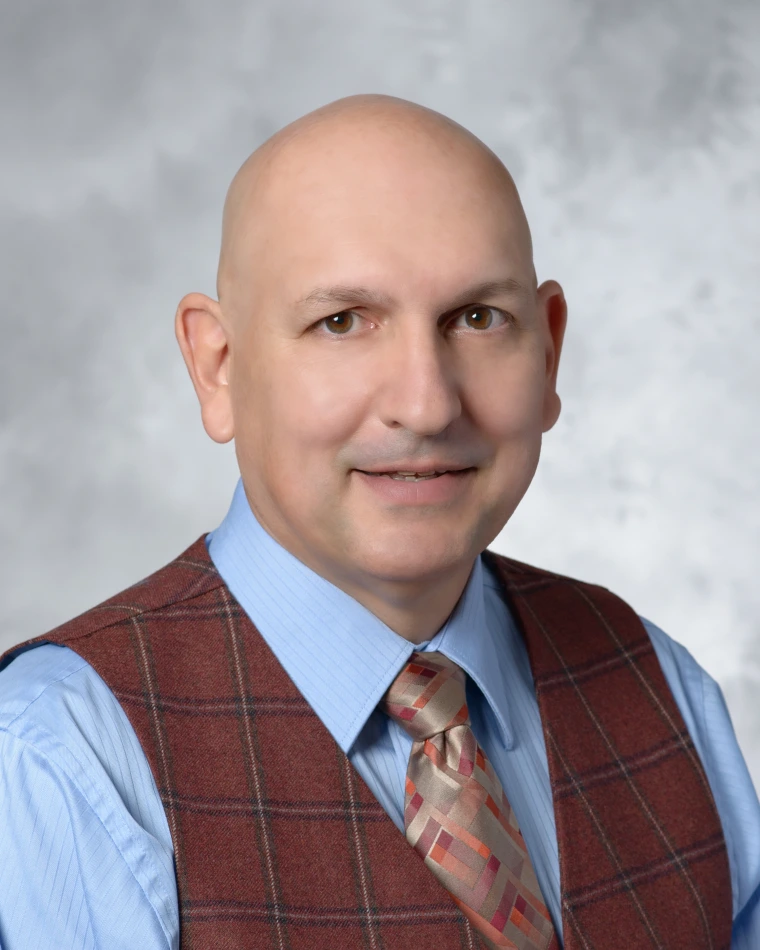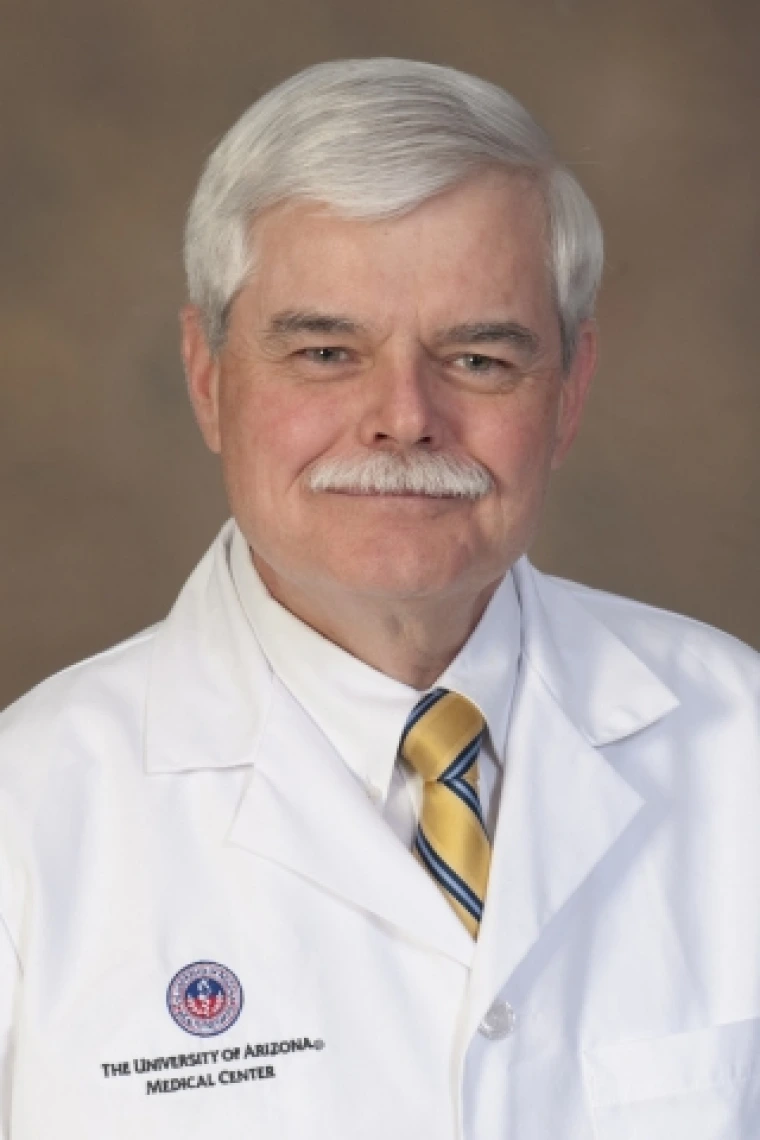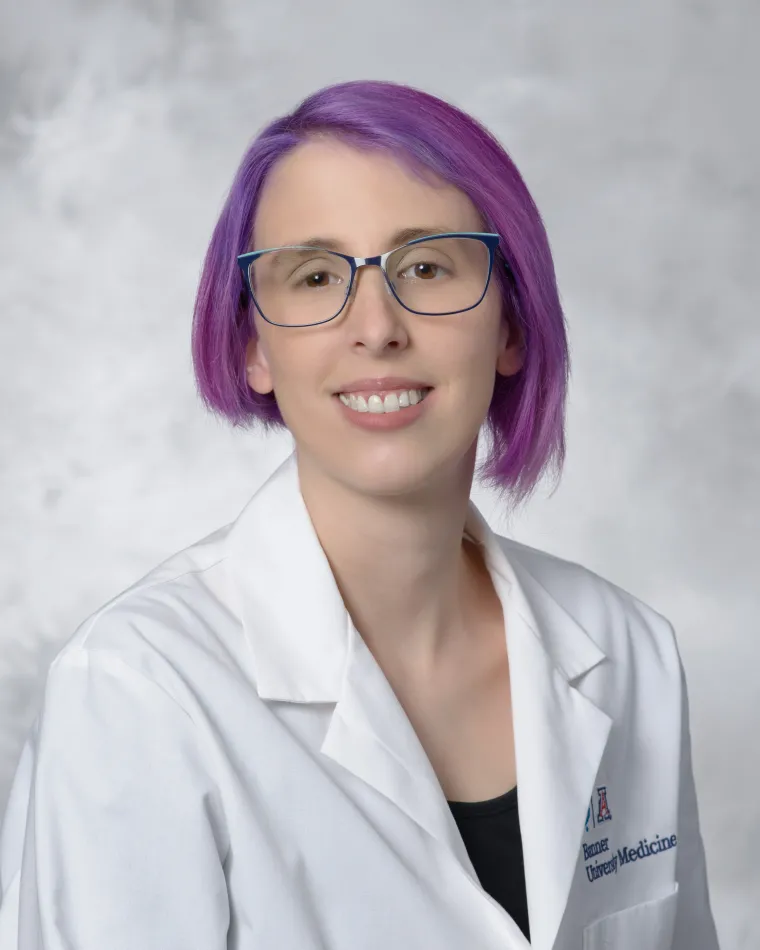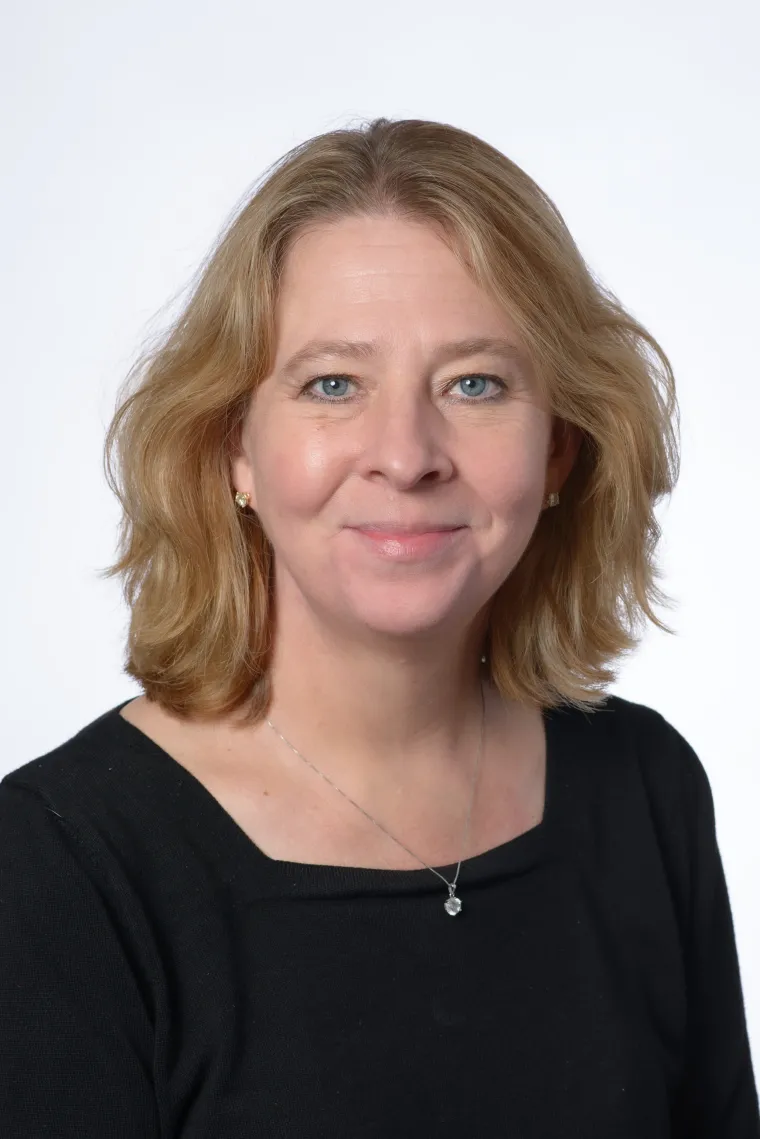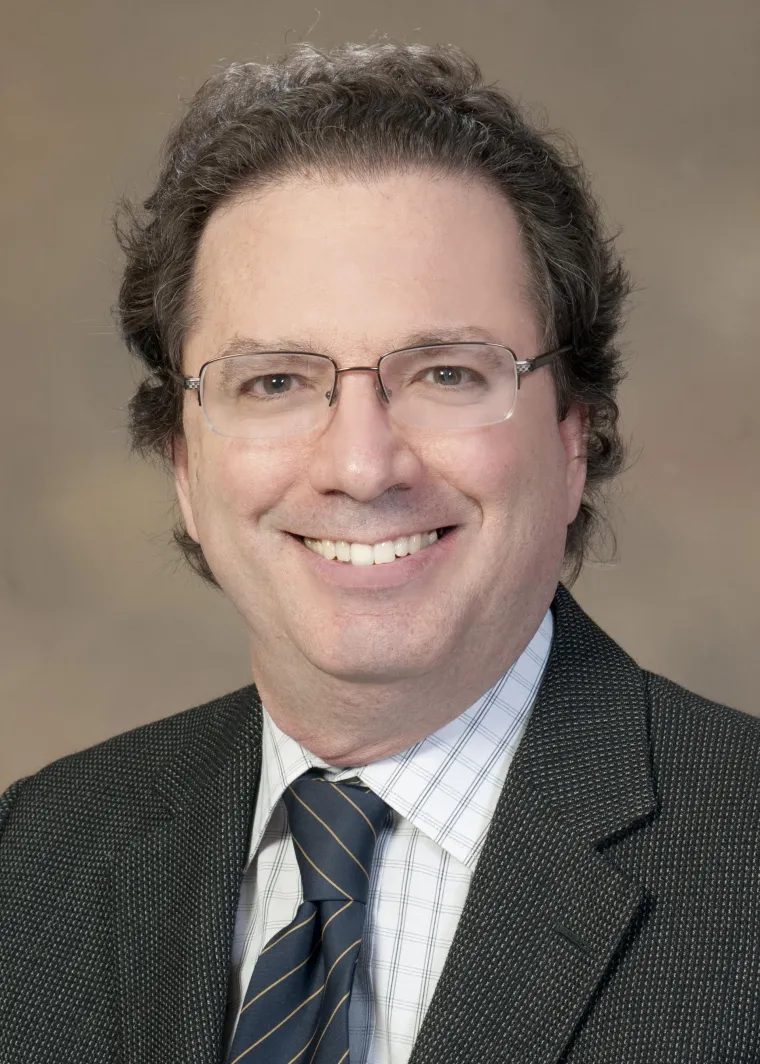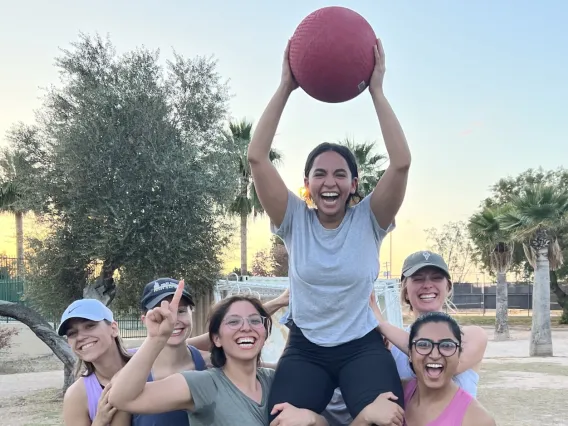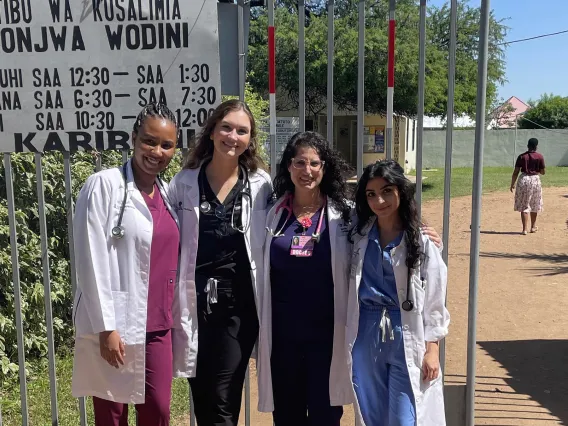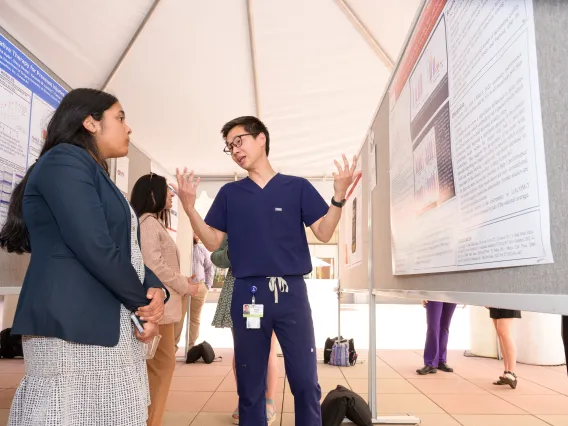Pediatrics
Fellowship Programs
Welcome to the Pediatric Fellowship Programs at the University of Arizona College of Medicine – Tucson! The Department of Pediatrics offers four fellowship programs that prepare the next generation of specialty physicians for independent practice and to be Board-eligible for the AAP subspecialties.
Developmental behavioral pediatricians evaluate, treat and manage infants, children and adolescents with a wide range of developmental and behavioral concerns and conditions, as well as physical complaints that are best addressed with a biobehavioral approach. They also evaluate and monitor progress in children at risk for developmental and behavioral disorders on the basis of biological and social factors. They research the causes and treatments of these conditions and strive to promote an understanding of social, educational and cultural influences on children.
Our training program prepares the next generation of specialty physicians who are excited by diagnostic challenges, integrating biological, psychosocial, social and neuroscience components into practice and making long-term connections with children and their families. The fellowship is an outpatient clinical experience with no call and a focus on conducting research during the second two years. Our program will prepare you to be Board-eligible for the AAP subspecialty of developmental and behavioral pediatrics.
First Year
- Weekly fellows clinic
- Didactic lectures/journal club
- Begin to develop research protocol
- Clinical rotations in developmental behavioral pediatrics, neurology, genetics, feeding, cerebral palsy, neuromuscular clinic and sleep clinic
- Participate in ArizonaLEND program
Second Year
- Weekly fellows clinic
- Didactic lectures/journal club
- Design and begin to collect data for research project
- Coursework in statistics and scientific writing
- Clinical work in developmental behavioral clinic and behavior clinic
- Participate in evaluations at the Crisis Response Center and Casa de Los Niños
Third Year
- Weekly fellows clinic
- Didactic lectures/journal club
- Complete research project
- Diamond Children’s Banner University Medical Center Tucson, 1625 N. Campbell Ave., Tucson, AZ 85719
- BUMC-Children’s Multispecialty Center, 535 N. Wilmot Rd. Suite 101, Tucson, AZ 85711
- Children’s Clinics for Rehabilitative Services, 2600 N. Wyatt Dr., Tucson, AZ 85712
|
DO: Arizona College of Osteopathic Medicine of Midwestern University |
| Mariah Mthembu, MD, PGY4 | MD: University of Utah School of Medicine Residency: University of Arizona College of Medicine – Tucson, Pediatrics |
| Brittany Samson, MD | 2022 | MD: Saba University School of Medicine, Netherlands Residency: Marshfield Medical Center, Pediatrics |
Program Director
Associate Program Director
Core Faculty
The mission of the Pediatric Endocrinology Fellowship is to prepare pediatricians for independent practice in pediatric endocrinology. Graduates of the fellowship will obtain extensive clinical training to treat children with diabetes, glandular disorders, hormonal imbalances and growth disorders. An emphasis is placed on fostering the ability to form and maintain effective physician-patient relationships and work as a member of a multidisciplinary team to provide excellent patient care.
First Year
- 85% clinical
- 15% research
Second Year
- 43% clinical
- 57% research
Third Year
- 53% clinical
- 47% research
The distribution of time commitments in any given year of training can be adjusted to meet an individual trainee’s needs.
- Diamond Children’s Banner University Medical Center Tucson, 1625 N. Campbell Ave., Tucson, AZ 85719
- BUMC-Children’s Multispecialty Center, 535 N. Wilmot Rd., Suite 101, Tucson, AZ 85711
- Children’s Clinics for Rehabilitative Services, 2600 N. Wyatt Dr., Tucson, AZ 85712
- BUMC Primary Care Clinic, 8290 S. Houghton Rd., Suite 150, Tucson, AZ 85747
- BUMC Pediatric Specialty Clinic, 6261 N. La Cholla Blvd., Suite 131, Tucson, AZ 85741
| Parvana (Perri) Hartenstein, MD | MD: Universitätsmedizin Göttingen Medizinische Fakultät, Germany Residency: University of Arizona College of Medicine – Tucson, Pediatrics |
| Sarah Green, DO | 2025 | DO: Western University of Health Sciences College of Osteopathic Medicine of the Pacific, Lebanon Campus Residency: University of Arizona College of Medicine – Tucson, Pediatrics |
| Brittney DiMaggio, MD | 2024 | MD: University of Arizona College of Medicine Residency: University of Arizona College of Medicine, Pediatrics |
| Salaheddin H. I. Elrokhsi, MD | 2017 | MD: University of Tripoli, Libya Residency: Brooklyn Hospital Center Program |
| Raj Senguttavan, MD | 2015 | MD: Residency: |
Program Director
Core Faculty
The mission of our three-year Pediatric Gastroenterology Fellowship is to prepare pediatricians for independent practice in pediatric gastroenterology and to be Board-eligible for the AAP subspecialty of pediatric gastroenterology. An emphasis is placed on fostering the ability to form and maintain effective physician-patient relationships and work as a member of a multidisciplinary team to provide excellent patient care.
This program includes an academic and research focus on physiology and pathophysiology of gastrointestinal disorders. The gastroenterology research laboratory occupies the entire sixth floor of the Steele Children’s Research Center, which is the research arm of the Department of Pediatrics. The laboratory is fully equipped with state-of-the-art equipment and is funded by the National Institutes of Health.
First Year
- 80% clinical
- 20% research
Second Year
- 25% clinical
- 75% research
Third Year
- 25% clinical
- 75% research
The distribution of time commitments in any given year of training can be adjusted to meet an individual trainee’s needs.
- Diamond Children’s Banner University Medical Center Tucson, 1625 N. Campbell Ave., Tucson, AZ 85719
- BUMC-Children’s Multispecialty Center, 535 N. Wilmot Rd., Suite 101, Tucson, AZ 85711
- BUMC Pediatric Specialty Clinic, 6261 N. La Cholla Blvd., Suite 131, Tucson, AZ 85741
| Samira Ali, MD, PGY6 | MD: Nile University Faculty of Medicine and Health Sciences Residency: Michigan State University / Hurley Medical Center |
Program Director
Associate Program Director
Core Faculty
| Tala Haddadin, MD | 2025 | MD: University of Jordan Faculty of Medicine Residency: Michigan State University / Hurley Medical Center |
The primary mission of our three-year fellowship training program is to prepare physicians for careers in pediatric pulmonary medicine. Following the guidelines established by the ACGME and the American Board of Pediatrics, our fellows gain experience in all aspects of pediatric pulmonary medicine with dual emphases on clinical and scholarly excellence. We provide extensive training in clinical pulmonology, clinical and basic research techniques, and teaching methodologies.
Our overriding goal, built over the past 40 years in collaboration with the University of Arizona Asthma and Airway Disease Research Center, is to train academic pediatric pulmonologists who will deliver state-of-the-art care to children with respiratory disorders, become independent investigators, and contribute to our understanding of the pathophysiology and treatment of pediatric respiratory disease.
Clinical Training
Intensive subspecialty training will expose the fellow to a wide variety of acute and chronic pediatric pulmonary problems, and detailed understanding of pulmonary physiology and pulmonary function testing techniques. The fellow will receive training in flexible bronchoscopy, obtaining ciliary biopsies and performing alveolar lavages. The fellowship also focuses on multidisciplinary treatment of cystic fibrosis and treatment for patients with aero-digestive disorders. Vent and trach management of chronic and acute patients will be covered in inpatient and outpatient settings.
Research Training
The Pediatric Pulmonary Division is a part of the University of Arizona Asthma and Airway Disease Research Center, an internationally renowned, comprehensive Center of Excellence that combines the highest caliber of research, clinical care and teaching. The fellow will be guided and evaluated by a research mentor and a scholarly oversight committee throughout the fellowship, and will complete a research project.
Formal Education
The fellow will hone teaching skills, either during division meetings or during clerkship lectures to medical students, and by presenting to the Pediatric Pulmonary Center. Fellows will take annual subspecialty in-training examinations (SITE) and will receive training in preparation for their sub board certification. In the past 10 years, our program has a 100% pass rate.
- First Year
- 65% clinical
- 25% research
- 10% teaching
- Second Year
- 60% clinical
- 30% research
- 10% teaching and coursework
- Third Year
- 25% clinical
- 62% research
- 13% teaching and coursework
The distribution of time commitments in any given year of training can be adjusted to meet an individual trainee’s needs.
- Diamond Children’s Banner University Medical Center Tucson, 1625 N. Campbell Ave., Tucson, AZ 85719
- BUMC-Children’s Multispecialty Center, 535 N. Wilmot Rd., Suite 101, Tucson, AZ 85711
- BUMC Pediatric Specialty Clinic, 6261 N. La Cholla Blvd., Suite 131, Tucson, AZ 85741
- Children’s Clinics for Rehabilitative Services, 2600 N. Wyatt Dr., Tucson, AZ 85712
| Ian Trushell, MD, PGY4 | MD: University of Arizona College of Medicine – Tucson Residency: University of Arizona College of Medicine – Tucson, Pediatrics |
| John Paul Jarczyk, MD | 2025 | MD: University of Arizona College of Medicine – Tucson Residency: University of Arizona College of Medicine – Tucson, Pediatrics |
| Lauren Benton, MD | 2022 | MD: Lewis Katz School of Medicine at Temple University Residency: Banner University Medical Center, Pediatrics |
| Nasim Khattab, MBBS | 2019 | MD: Jordan University of Science and Technology Faculty of Medicine |
| Ali Asseri, MD | 2018 | MD: King Khalid University College of Medicine, Saudi Arabia Residency: Asser Central Hospital, Saudi Arabia |
Program Director
Associate Program Director
Core Faculty
Training in Tucson
How to Apply
All of the following materials must be submitted to ERAS:
- ERAS application
- Three letters of recommendation
- Dean’s letter or MSPE
- Official transcripts from medical school
- USMLE or COMLEX score reports
Any gaps greater than 30 days between graduation from medical school and training need to be explained in your application, so we can understand how you used this time. You must have successfully completed either USMLE 1 & 2 or COMLEX 1 & 2 prior to your official start date. All applications with passing scores will be considered. You must be ECFMG certified so that you can participate in the ranking process after interview season. You will need to provide documentation of your ECFMG certificate prior to starting your residency in July.
For International applicants: We only sponsor J-1 visa applicants.

The Department of Medicine provides outpatient and inpatient clinical rotations for pediatric and adult patients.
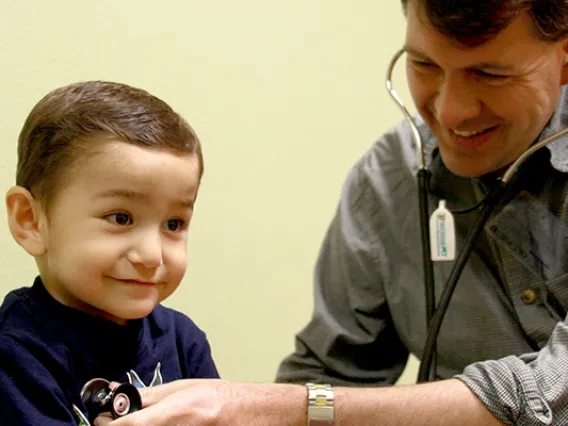
Learn more about the residency and fellowship programs at the College of Medicine – Tucson.
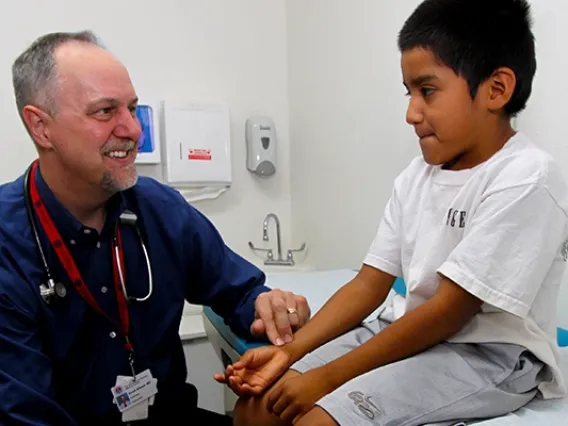
Applications are listed as the University of Arizona Program for the July application cycle.
Michelle E. Goetz
Program Manager, Pediatric Fellowships
mgoetz@peds.arizona.edu


